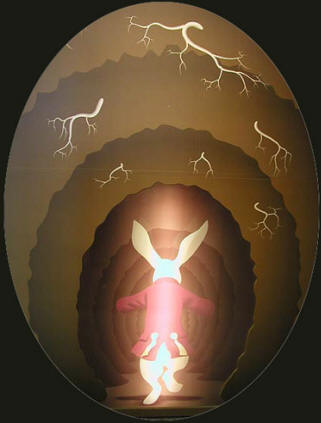Jonah Lehrer has some more thoughts on the Decline Effect:
The first letter, like many of the e-mails, tweets, and comments I’ve received directly, argues that the decline effect is ultimately a minor worry, since “in the long run, science prevails over human bias.”
Lehrer then quotes Feynman who discusses the famous 1909 oil-drop experiment and explains why it took so long for scientists to zero on the correct measure for the charge of the electron:
Why didn’t they discover that the new number was higher right away? It’s a thing that scientists are ashamed of—this history—because it’s apparent that people did things like this: When they got a number that was too high above Millikan’s, they thought something must be wrong—and they would look for and find a reason why something might be wrong. When they got a number closer to Millikan’s value they didn’t look so hard.
As Lehrer notes, this is yet another example of the “selective reporting in science.” But Feynmann was trying to make another point:
he warned the Caltech undergrads to be rigorous scientists, because their lack of rigor would be quickly exposed by the scientific process. “Other experimenters will repeat your experiment and find out whether you were wrong or right,” Feynman said. “Nature’s phenomena will agree or they’ll disagree with your theory.”
But Lehrer is quick to puncture the obvious naivety associated with this claim:
Continue reading →


 A few weeks back
A few weeks back